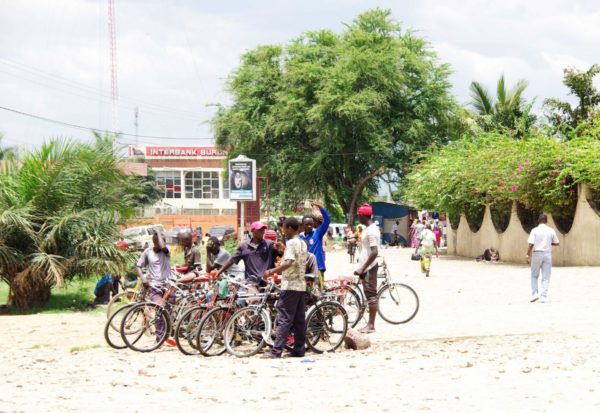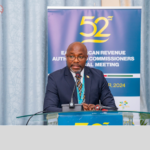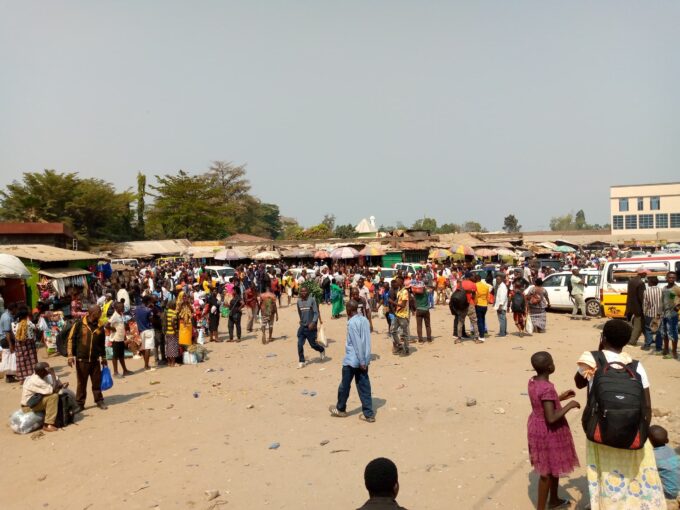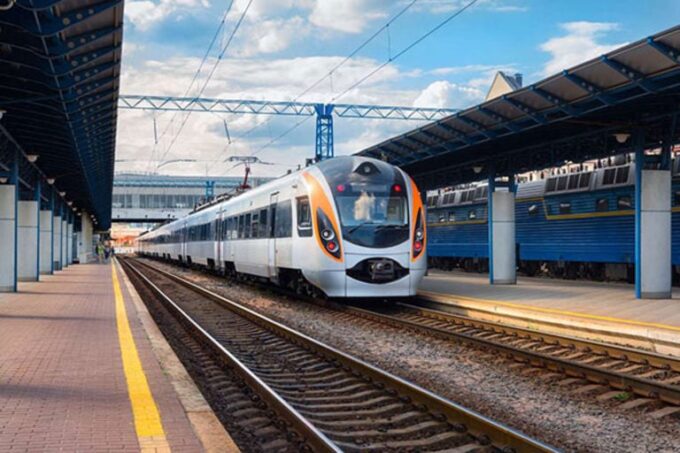Residents of Bujumbura, Burundi’s economic capital are urgently calling for the lifting of the ban on bicycle taxis, citing growing mobility challenges worsened by fuel shortages. This government-imposed restriction has compounded transportation difficulties, disrupting daily life and livelihoods, particularly as alternative transport options remain scarce.
In Nyakabiga neighborhood, frustration is mounting. Frank R., a 17-year-old resident of Sororezo, says: “The ban on bicycles does not benefit us. We ask the government to allow these means of transport so that we can work, as it causes delays and difficulties in getting around.”
Pascasie Nzeyimana, a 32-year-old trader from Bujumbura Rural, shares her experience: “We have to transport goods from distant locations. The lack of transport means we arrive exhausted, which affects our business. We urge the government to reconsider this decision.”
S. Hatungimana, a resident of northern Bujumbura, calls for practical solutions: “The government should ease the situation. With few vehicles still having fuel, bicycles and motorcycles should be allowed to circulate.”
Gabriel Rufyiri, president of OLUCOME, a prominent anti-corruption organization, has also joined the call for a review of the ban: “I’ve never heard of a country that has made such a rash and poorly thought-out decision—except Burundi,” he said, adding: “The government must take all necessary steps to cancel or review this decision.”
The residents’ concerns echo past transportation restrictions in Bujumbura. In 2016, the city government banned motorcycles in downtown Bujumbura, citing security concerns following grenade attacks allegedly involving motorbikes.
The ban on motorcycles, bicycles, and tuk-tuks remains in place. In 2022, the Ministry of Security reinforced the prohibition, which sparked widespread public outcry. The then Minister of Security explained that the decision was made to curb the rising number of road accidents involving motorcycles, tricycles, and bicycles in Bujumbura. “Following the surge in accidents caused by these vehicles, the Minister of Security extended the ban to include the city center,” the ministry said in a statement on X.
Despite the controversial nature of the decision, debates continue about its negative impact on the local economy and residents’ access to essential services. The recent resurgence of similar transport restrictions, including on bicycles and tuk-tuks, has sparked renewed calls for the government to reconsider its stance. Rights groups and local traders have expressed concerns about the economic consequences of the bans, urging the government to reverse the decision to avoid further strain on an already struggling economy
Moïse Ndayiragije contributed reporting








Leave a comment